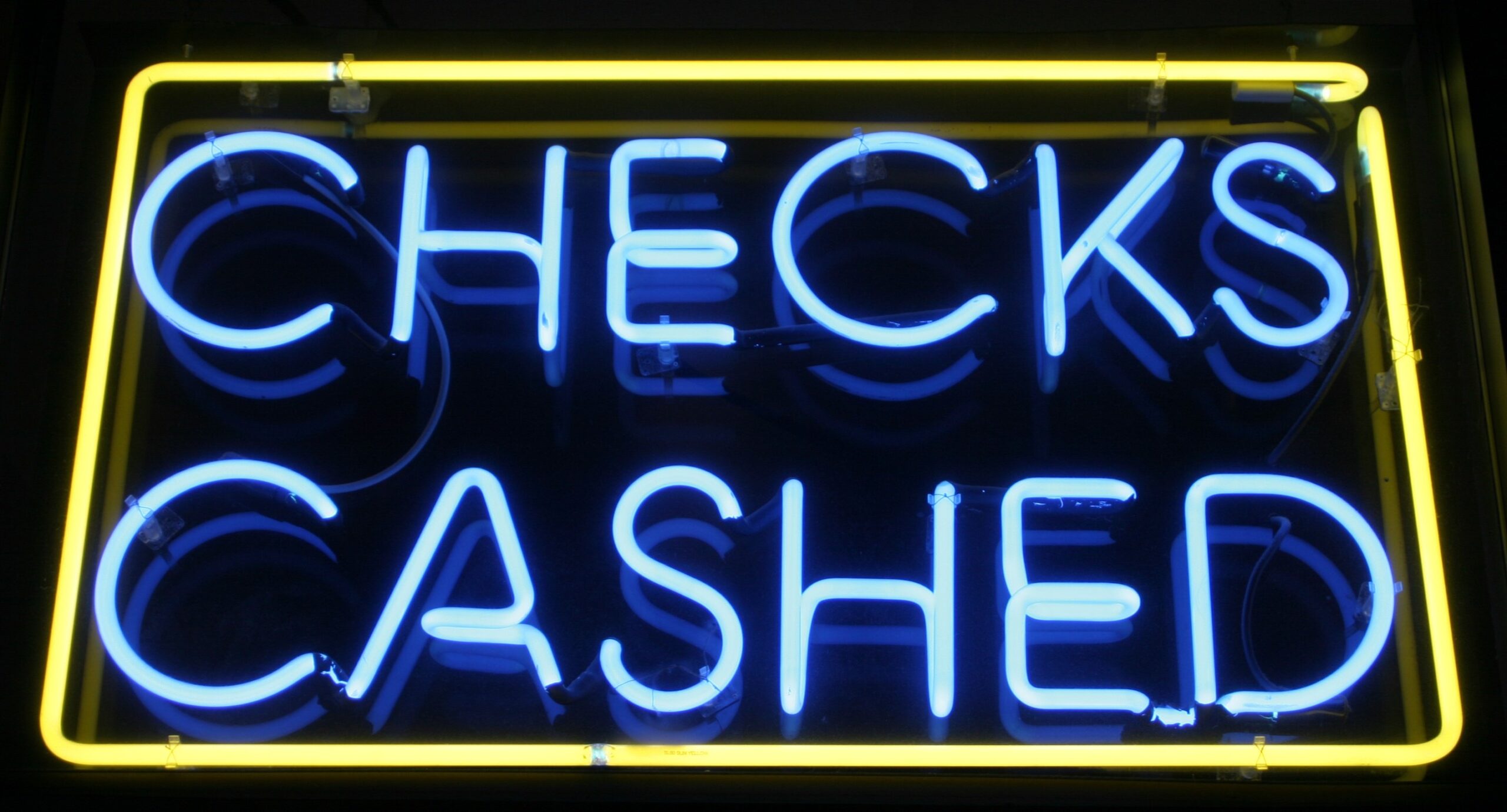
What is a Lost Instrument Bond?
A Lost Instrument Bond (also known as a Lost Note or Lost Deed Bond) is used when a financial certificate is lost or stolen. Before the bank or financial institution issues you a replacement, they might require you to secure a Lost Note Bond.
A Lost Note Bond is a type of surety bond which guarantees that if the original document is found, the financial institution will not be liable for honoring it. It also guarantees that you (the bonded party) will not be able to cash the original document.
You might be required to get a Lost Instrument Bond if you lose any of the following:
- Stock certificates
- Property deeds
- Cashier’s checks
- Car titles
- Savings bank books
- Loan shares
- Real estate certificates
- Municipal or corporate bonds
- Life insurance policies
This is a limited list and does not include all situations where a Lost Note Bond might be required.
Surety Solutions, A Gallagher Company does not issue Lost Note/Instrument Bonds
Types of Lost Instrument Bonds
There are two main types of Lost Instrument Bonds:
- Fixed penalty lost instrument bonds – These are bonds that have a fixed amount. These are used in cases when the lost document has a fixed amount such as in the case of a cashier’s check
- Open penalty lost instrument bonds – These are bonds that have an open penalty. These are used in cases where the lost document has a value that can fluctuate depending on the health of the market such as in the case of stock certificates
How Does a Lost Instrument Bond Work?
There are three parties involved in a Lost Note Bond:
- The Principal is you, the one who is missing the document and is required to purchase a Lost Note Bond
- The Obligee is the financial institution that issued the document/instrument
- The Surety is the one who issues and guarantees the bond
Why a Lost Note Bond is Necessary
You might be required to provide a Lost Note Bond to an institution before they will issue you a duplicate instrument. This is because the financial institution wants to guarantee that if the original document turns up, you will not cash it. And, if you do cash it, the bond protects the financial institution and releases them from liability for having to honor a single document more than once.
If the original document turns up, and you decide to cash that document, the financial institution can make a claim against your bond.
The Lost Note Bond Claim Process
A claim is a complaint saying that you have not fulfilled your obligations of the bond.
Claims can only be made against your bond during the time it was active. Usually Lost Instrument Bonds have a one-year term, but the financial institution can request to have a longer term.
If a claim is filed against your bond, the surety company expects you to take care of the claim. If you fail to do this, the Surety will usually start an investigation to determine the claim’s validity. They will reach out to both you and the claimant.
One of two things will happen:
- The Surety will investigate the claim and determine it to be invalid. No further action will be taken with the investigation, but you might be liable for any costs the Surety incurred during the investigation process.
- The Surety will investigate the claim and determine it to be valid.
If the Surety finds the claim to be valid, they will remind you of your obligations under the bond and ask you to settle the claim. Usually, this involves compensating the claimant for any financial loss or damages incurred.
If you fulfill the claim, the claim process ends.
If you fail to fulfill the claim, the surety company will step in and pay the claim for you. The surety company will then come to you for reimbursement of the settlement and any legal costs associated with it.
This is one way a surety bond differs from an insurance policy. While an insurance company does not expect to be paid back for a claim, a surety company does. You are responsible for cooperating with the surety company during the entire claim process. You are also responsible for paying back the surety company every penny they payout on a claim, including all costs associated with the claim. This is all outlined in the indemnity agreement you signed when you purchased your Lost Note Bond.
How To Avoid Claims On Your Lost Note Bond
The best way to avoid claims is to understand the professional language of your bond. Understand what your duties and responsibilities are if the original document turns up. You are at risk for claims if you try to use both the original document and the duplicate that was issued to you.
If a bond claim does occur, do not panic. Maintain close communication with the surety company during the investigation and remain cooperative. Be honest and communicate effectively with all parties during the process. Effective communication is needed during the process to make sure the claim is evaluated with all the facts.
How Much Do Lost Instrument Bonds Cost?
Lost Instrument Bonds have a minimum charge of $100. This would be sufficient for any lost instrument up to a value of $5,000.
If your lost instrument is more than $5,000, the rate will increase. Generally, the rate is 2%, meaning that for every $1,000 increase, you will pay an additional $20 for your bond.
Approval rate is largely based on your credit score.
If you need to obtain a Lost Note Bond, the surety typically requires the following information.
- Name and contact info
- An explanation as to the loss of your instrument
- The date the instrument was lost
- Any other details to the case, such as the financial institution that issued the instrument, etc.
Surety Solutions, A Gallagher Company does not issue Lost Note/Instrument Bonds
Other Information To Know
Lost Instrument Bonds do not renew and they cannot be canceled by the surety company. This is because there is no way to tell when the lost document might turn up in the future.
Related Links:







